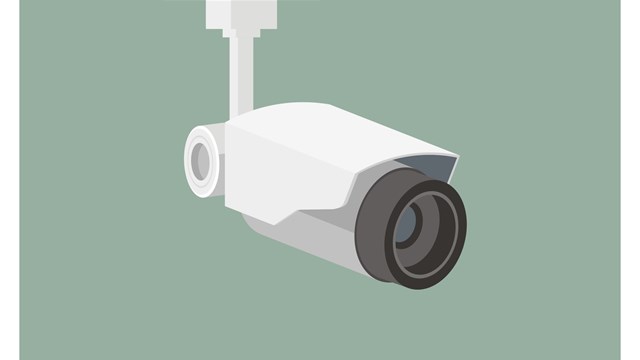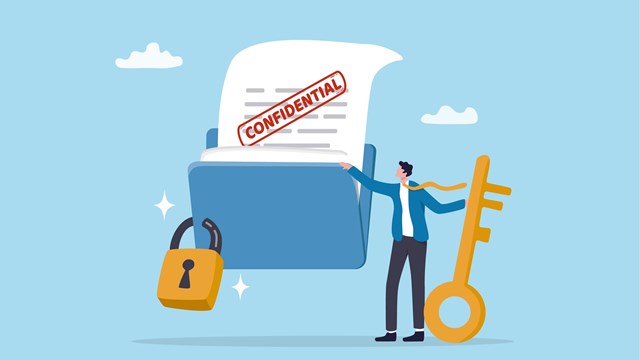
Q. Say a shareholder spoke to the president and vice president of the board and disclosed his or her health condition. And later on, the president and vice president lost re-election to the board and found out that the shareholder did not vote for them. Then the president went on a rant and told others of that shareholder’s condition, including new board members. Is that considered a breach of confidentiality or fiduciary duty?
—Concerned About Privacy
A. “These questions are always difficult to answer,” says attorney Martin Kera of Kera & Graubard, which has offices in Manhattan and Westchester. “I don’t believe that the president or any officer has a fiduciary duty not to disclose information, unless the bylaws state that he does. I know of no laws or court decisions that require an officer to keep information confidential. The question doesn’t say whether the shareholder told the president and vice president that the information was confidential and should not be disclosed. Also unstated is why the shareholder would give confidential information about his health to people who he had no confidence in to continue as officers. The president’s behavior is childish, but typical of co-op pettiness.”









Comments
Leave a Comment